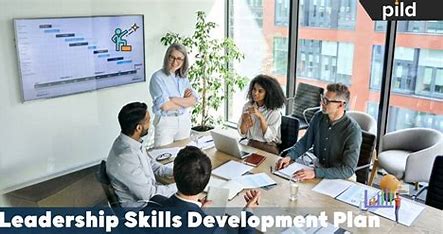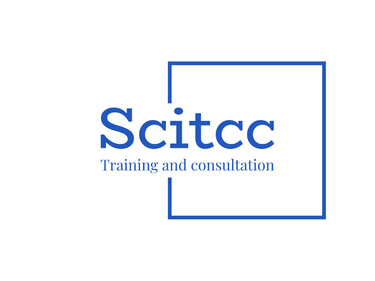
Developing Leadership Skills for Engineers
Developing Leadership Skills for Engineers
$3500.00
The general objectives of the course
Enhancing engineers' understanding of modern leadership skills and how to apply them in engineering work environments.
Developing the ability to make strategic decisions and motivating teams to achieve high performance.
Improving effective communication skills and problem-solving in teamwork.
Building self-confidence and the ability to manage change within engineering institutions.
Providing practical tools and techniques to support effective leadership in projects.
Target audience
Engineers working in administrative positions or candidates for leadership roles.
Leaders of engineering teams and project supervisors.
Engineers who wish to develop their leadership skills to support their professional advancement.
Technical managers and project managers in the engineering sectors.
Course topics
Day One: Introduction to Leadership and Engineering
The concept of leadership and its relation to the engineering field.
The characteristics of an effective leader in technical work environments.
Analyzing different leadership styles and how to apply them.
Day Two: Effective Leadership Communication
Building trust and developing persuasion skills.
Negotiation and conflict management skills.
Using technology to improve communication within engineering teams.
Day Three: Decision-Making and Problem-Solving
Methods of strategic decision-making in projects.
Techniques for problem analysis and developing innovative solutions.
Study of practical cases from the engineering field.
Day Four: Managing Engineering Teams
Building high-performance teams.
Motivating engineering teams to achieve their goals.
Change management and dealing with pressures in engineering projects.
Day Five: Future Leadership in Engineering
Strategic planning for sustainable leadership.
Utilizing modern technologies (such as artificial intelligence) in leadership.
Drafting a personal plan to develop leadership skills.
Learning and training methods
Interactive lectures with specialized trainers.
Practical workshops for skill development.
Role-playing and studying practical cases.
Teamwork and open discussions.
Individual follow-up and providing customized feedback.


